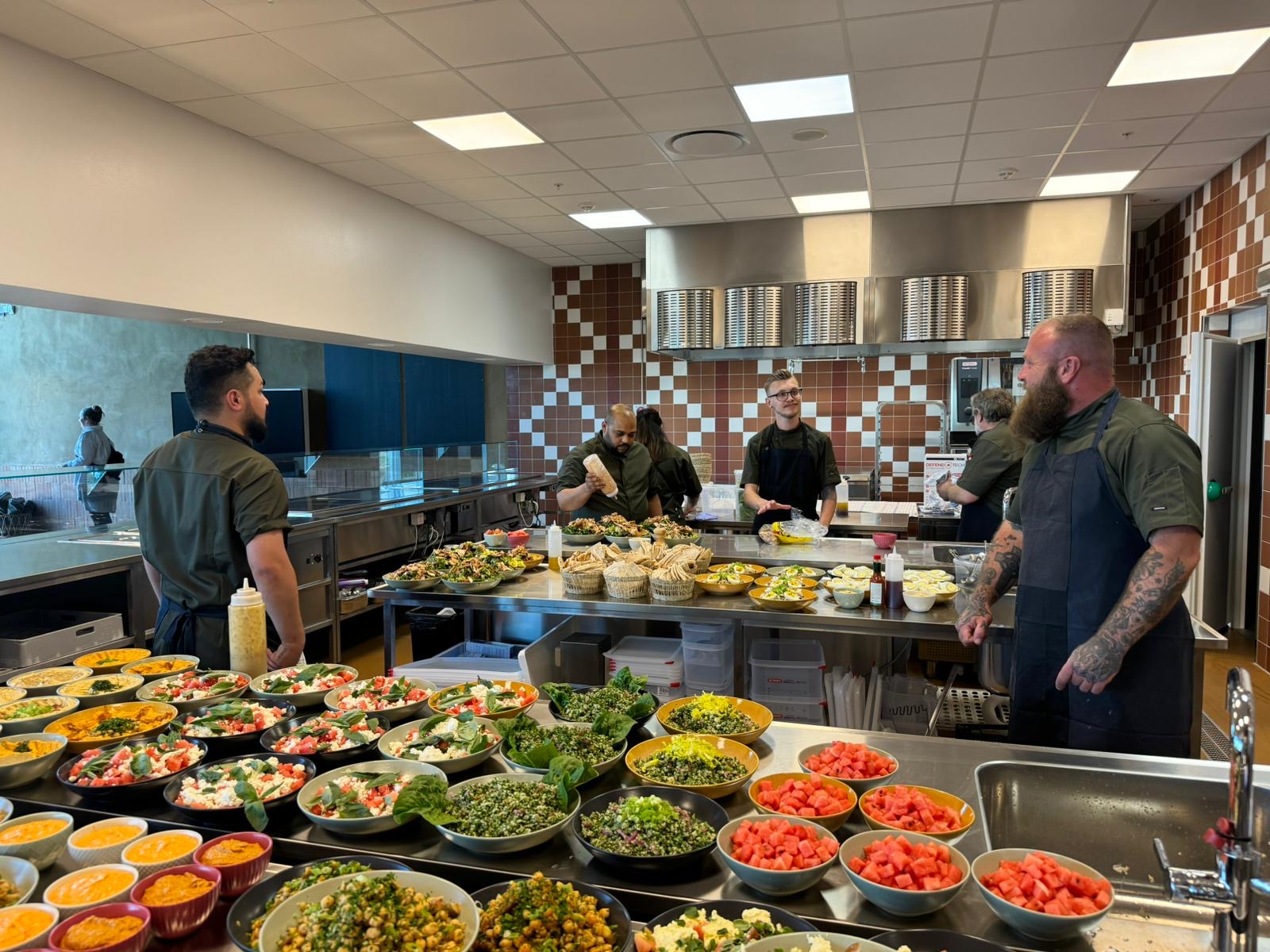Foreign Minister Villy Søvndal (Socialistisk Folkeparti), is currently in New York pushing for a globally-binding United Nations agreement on the international arms trade.
Søvndal’s goal is to get the global community to better regulate the trade of conventional weapons so that they are not exported and used to violate human rights and commit war crimes.
“Let me be very clear. The lack of regulation of international weapons dealing is a disgrace. It’s a mockery of the hundreds of thousands of people who suffer because of the consequences every day,” Søvndal said in a Foreign Ministry press release. “We owe the victims and our own consciences to get this treaty signed now.”
Søvndal went on to contend that while a treaty wouldn’t magically solve the issue completely, it would force countries that sign it to establish an apparatus to sanction and approve weapons exports.
“This treaty will also create a foundation for a common, international normalisation for when it is morally and judiciously acceptable to send weapons to another country,” Søvndal said. “A deciding factor is to increase the openness and transparency of the international weapons industry and each individual country should offer public reports of their weapons export.”
The UN has negotiated for nearly six years over a potential weapons treaty and has called for a ‘final’ negotiation conference taking place March 18-28.
While Denmark and many of the EU countries actively support a weapons treaty, a prospective treaty will not have significant effect unless the world’s top weapons exporters – the US, Russia, China, Germany and France – sign on.
It was only a short time ago that Swedish peace research institute SIPRI found that Russia was behind 71 percent of the weapons exported to war-torn Syria in the period 2008-2012.
Trine Christensen, the policy director of Amnesty International Denmark, hopes that the negotiations in New York will yield an ambitious agreement.
“We are pushing for the treaty to include all kinds of weapons and ammunition and to contain a 'golden rule' that means that forces governments to stop exporting weapons if there is a risk that they will be used to violate human rights,” Christensen told Berlingske newspaper. “There mustn’t be any loopholes.”
According to the SIPRI report, between 2008 and 2012, the five top conventional weapons suppliers were the US (30 percent), Russia (26 percent), Germany (seven percent), France (six percent) and China (five percent).
In Denmark, the value of permits for weapons exports has shot up from 230 million kroner to 2.8 billion kroner over the past ten years.














